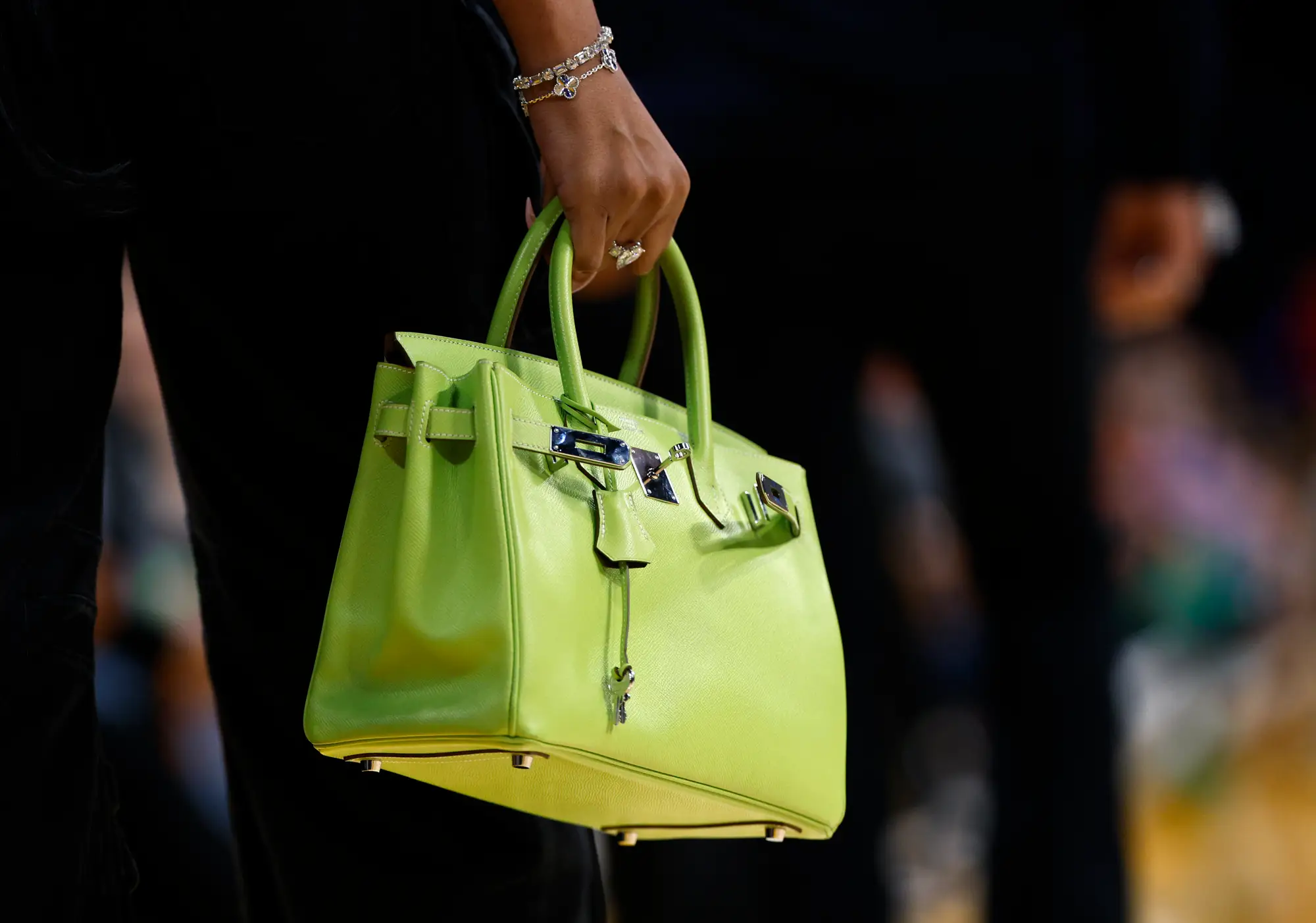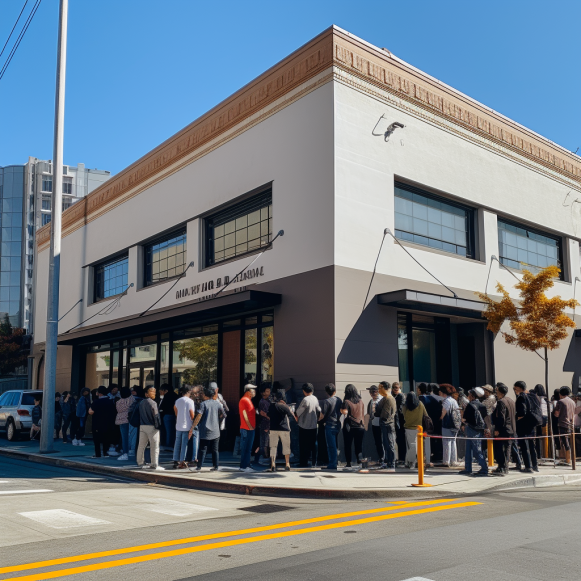Most luxury companies are struggling in China — except one

Hèrmes defied China’s luxury market slump with minimal revenue losses in the first half of 2024
As Chinese buyers eschewed local stores and poured into Japan this year in search of luxury bargains, one high-end powerhouse was an outlier.
On Thursday, Hèrmes reported over a 7% uptick in sales revenue for Asia, excluding Japan, to 4.2 billion euros, or $4.5 billion, in the first half of this year. Hérmes did not break out revenue specifically for China.
While the Paris-based company saw a decline in foot traffic in China and more frugal consumers, sales there held relatively steady compared with last year.
“The drop of the share of China is very, very small,” said Axel Dumas, executive chairman of Hermès International, on the company’s Thursday earnings webcast. His remarks were translated by the company. “We had nearly no more stock and we had to replenish them.”
The company’s success in China comes as many of Hermès’ industry peers saw China and Asia revenue sales tank from softening consumer demand. LVMH reported a 13% decline in half-yearly revenue for Asia, while Richemont and Burberry saw double-digit declines for the same time period. Gucci’s parent company, Kering, reported a “deceleration” in the Asia-Pacific region on Wednesday.
Hermès saw a 15.6% jump in first-half-yearly sales in Europe and France compared to the same period last year, with a surge in footfall stemming mainly from Chinese tourists, Dumas said on Thursday.
Many of Hermès’ industry peers, meanwhile, saw Chinese tourists flocking to Japan’s stores. For LVMH, sales in Japan jumped 57% in the first half of the year, thanks to a historically weaker yen against the US dollar and the euro spurring bargain-hunting visitors.
But most of Hermès’ sales this year in China and Japan were largely from local customers, said Dumas. Hermès’ Japan’s sales increased by 9% in the first half of the year, compared to the same period last year.
“We have very locally-based customers and in Japan we have a very local customer base,” Dumas said on Thursday’s call. “Not very many foreigners buy Hermès in Japan, and the Chinese tend to buy in China.”
In recent years, Hermes’ products have been touted as status symbols, with items being marketed to wealthier customer bases that are fairly recession-resistant, Bloomberg reported in April.
The luxury company reported overall sales revenue for the first half of the year of 7.5 billion euros, an increase of 12% compared to the same period in 2023.






